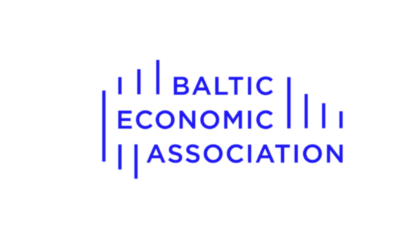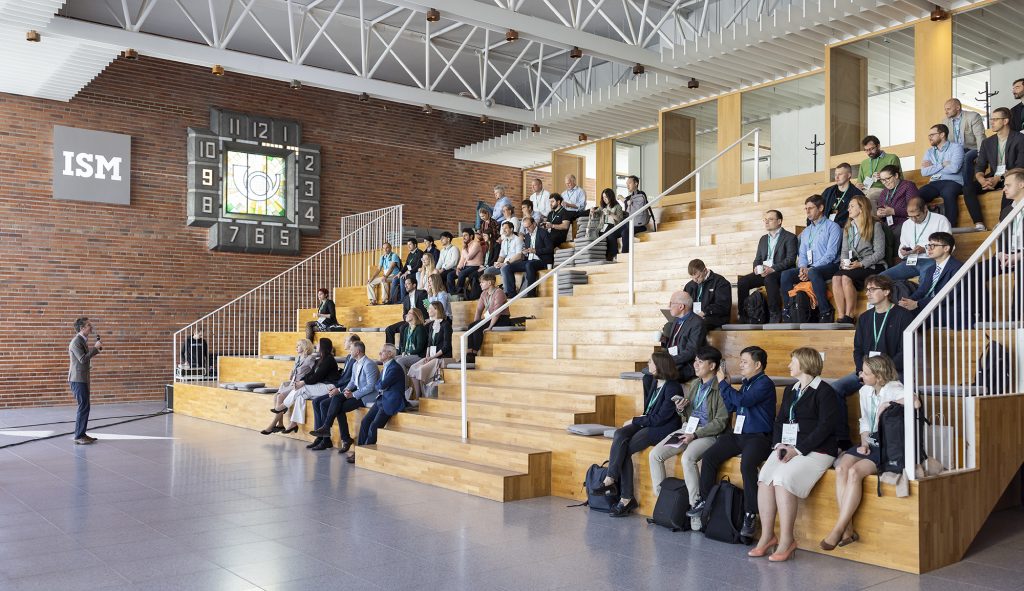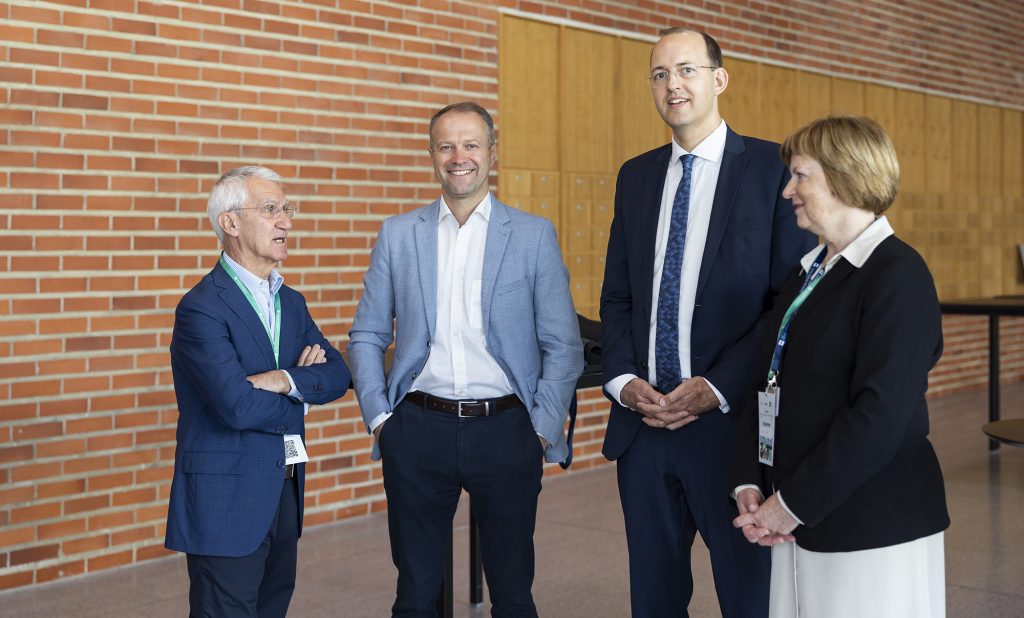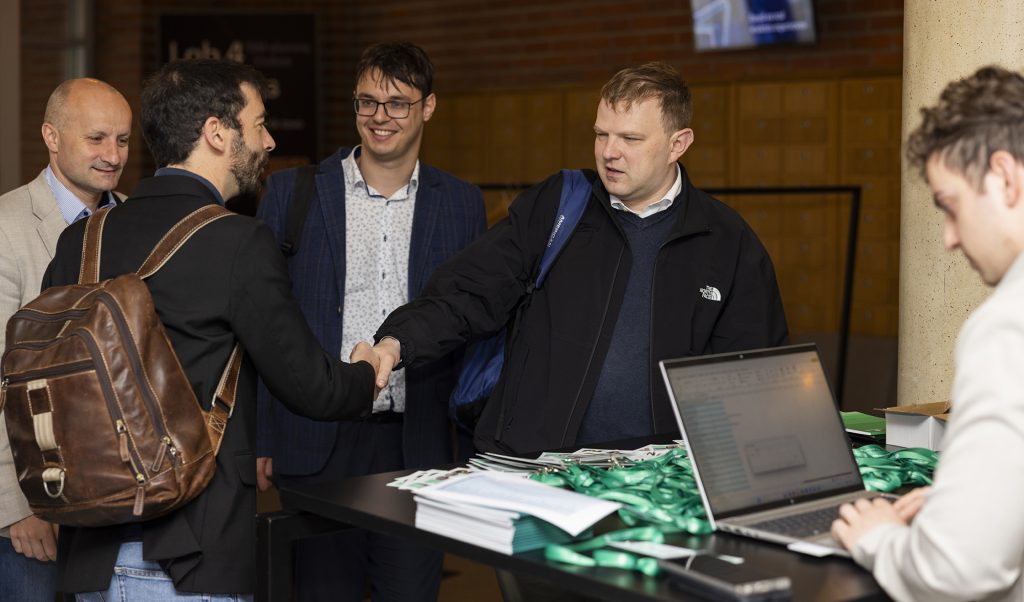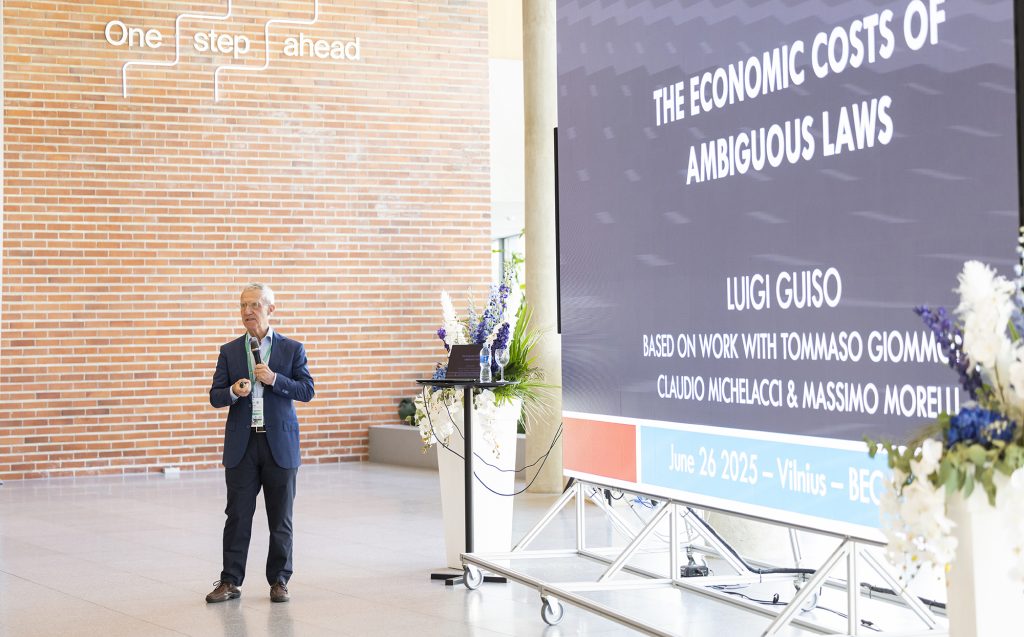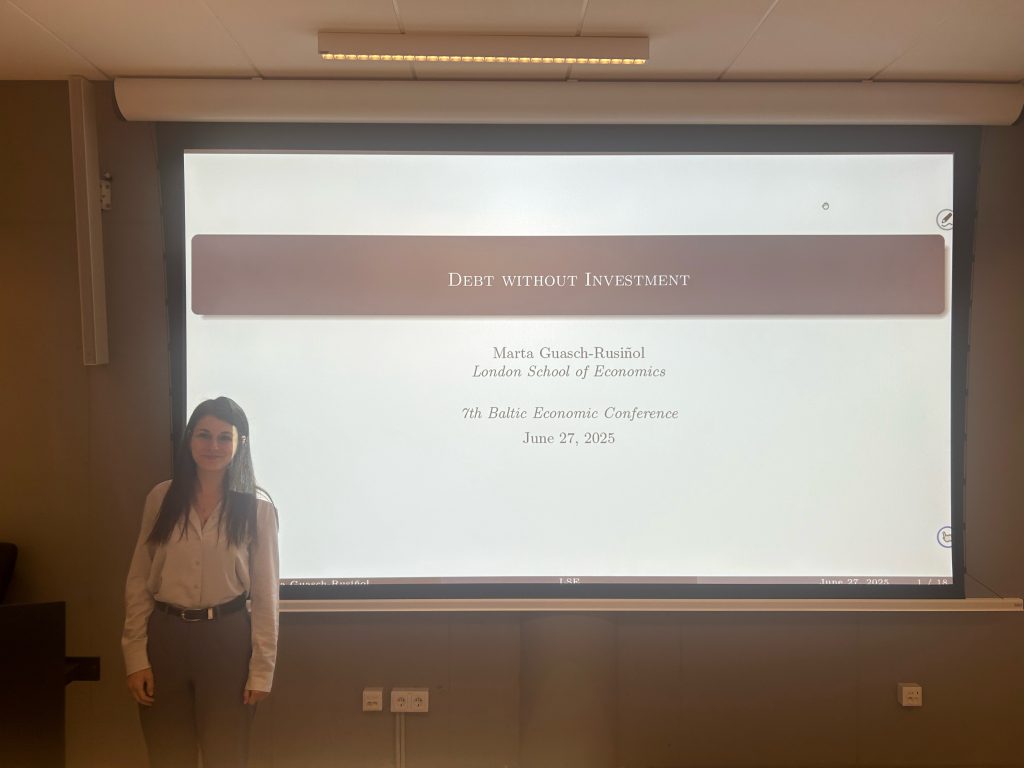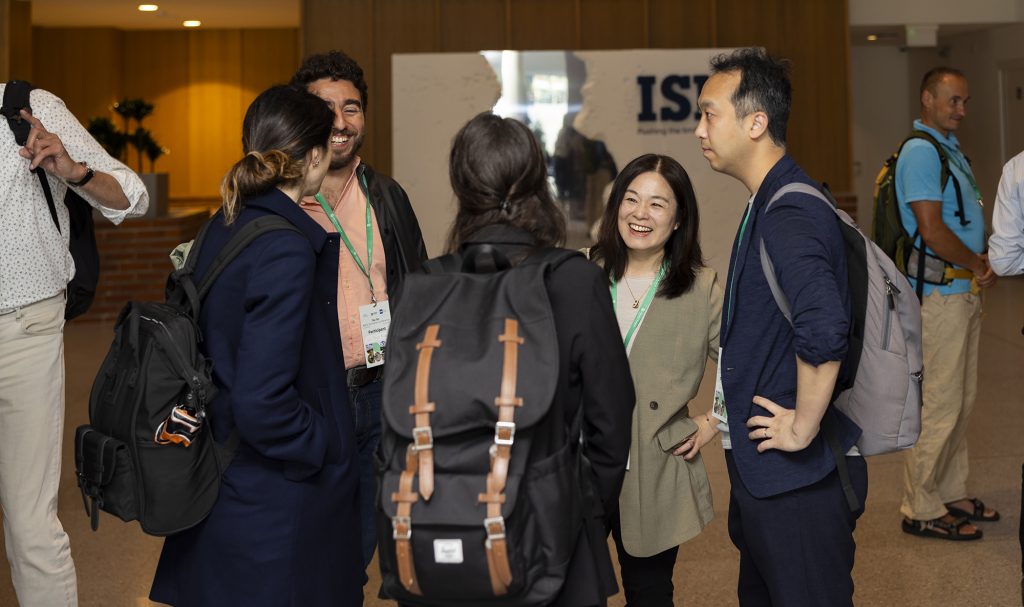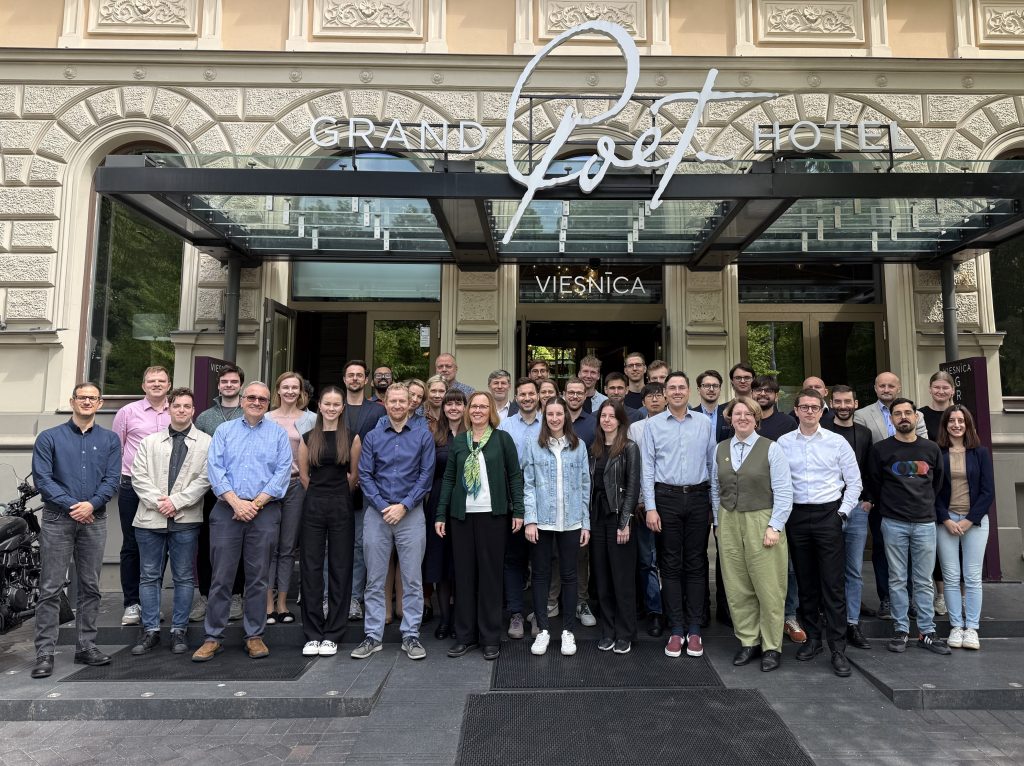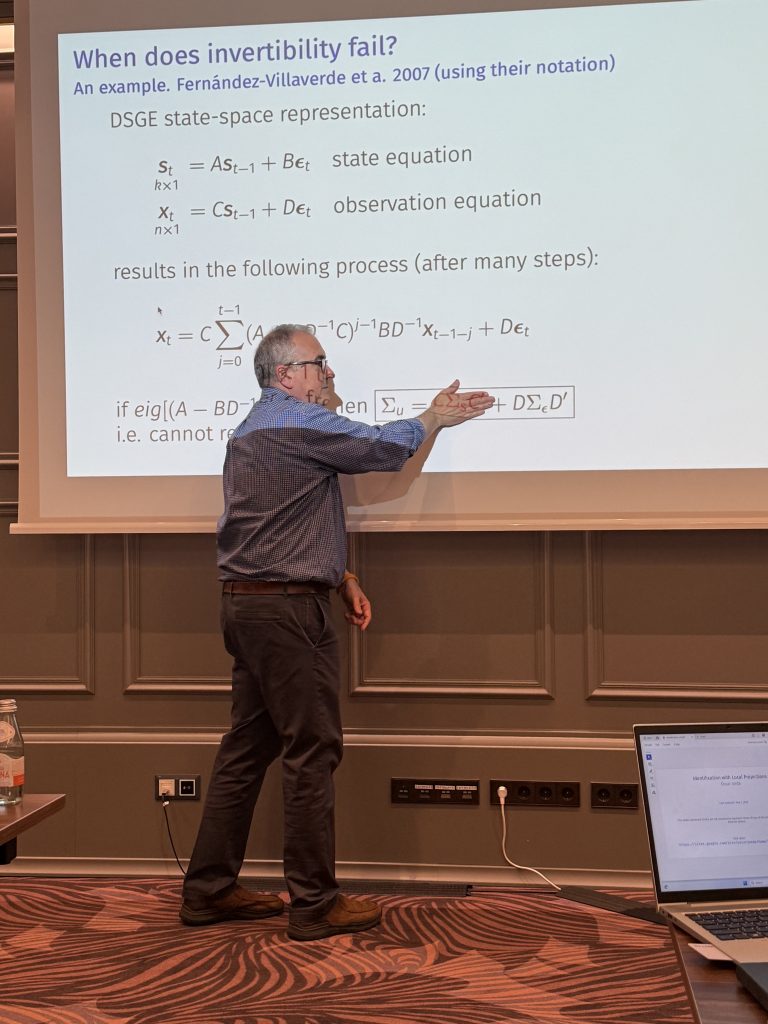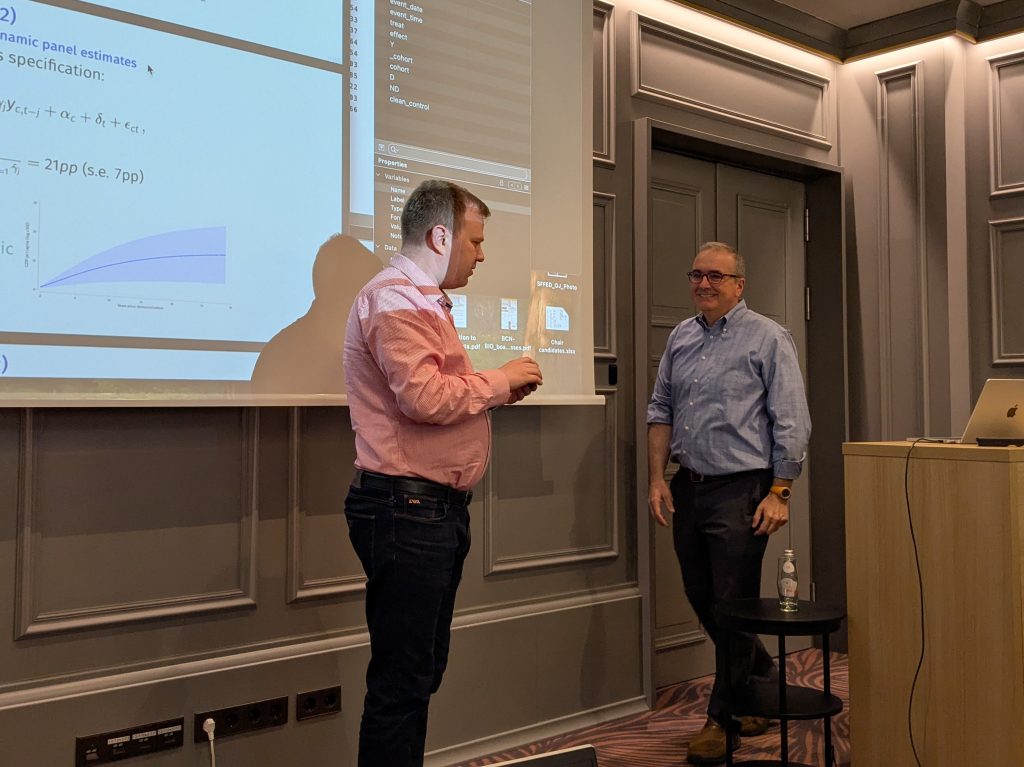You are welcome to join on 4 November, Tuesday between 10.00-11.00 for a research seminar by Heidi Vähänikkilä.
Abstract: The hospitality industry is highly sensitive to global crises, yet capable of remarkable resilience and innovation. This study explores how hospitality organizations build strategic flexibility to lead change during and beyond crises, focusing on the role of organizational support and leadership. Using survey data from 197 professionals in Finland and Malaysia—two culturally distinct contexts—the research introduces a new framework for change leadership. Findings offer transferable insights for global hospitality firms seeking to strengthen adaptability and crisis response capabilities.
Location: EBS room 203 and MS Teams

